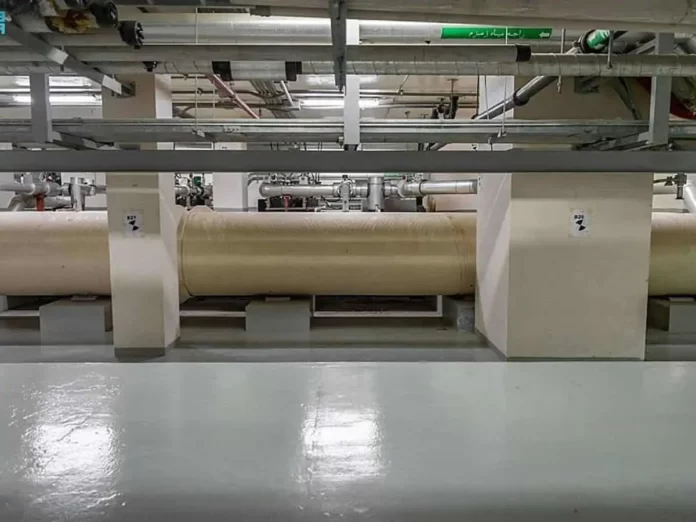Saudi Arabia: According to local media, the Kingdom of Saudi Arabia has installed the world’s two largest cooling stations at the Grand Mosque to guarantee that worshipers perform their rituals in a calm and fresh atmosphere.
Ramazan is a peak month for Muslims, and it comes in a year, so it is crucial to have cooling stations so that it can purify the air in the Grand Mosque.
The General Presidency for the affairs of the Grand Mosque and the Prophet’s Mosque aims to provide fresh air inside the mosque using ultraviolet light air purification technology.
Air conditioning is a tool that purifies the air nine times a day before being released into a mosque through special air conditioning devices that supply the system of the Grand Mosque with cool air. The atmosphere is also purified from germs by 100 per cent.
The presidency provides backup cooling stations which are connected to the central stations in a bid to control temperatures in the event and function of a station failure and to assure the purification of the air distributed inside the Grand Mosque.
“The Ajyad station, which produces 35,300 refrigeration tonnes, of which approximately 24,500 refrigeration tonnes are used, & the new central plant, which has a capacity of 120,000 refrigeration tonnes, are the world’s two largest cooling stations.”
The second station is the central station, and this station has a capacity of 120,000 refrigeration tons, which also feeds the third Saudi expansion of the Haram in addition to half of the endeavour, and it is designed to feed all sides of the Grand Mosque and its facilities in the future.
According to Director of the General Administration of Operation and Maintenance, Engineer Amer Al Luqmani, “We are currently cooling and supplying the terminal with 5,500 refrigeration tonnes from the Ajyad station, and the air purification filters in the air conditioning rooms which are cleaned on a daily basis throughout the year.”
Furthermore, these all are the subject to careful maintenance and cleaning operations by highly qualified engineering and technical cadres, who supervise these works in order o ensure the execution as per the technical regulations and using the latest technologies,” he added.

